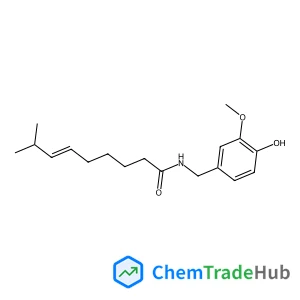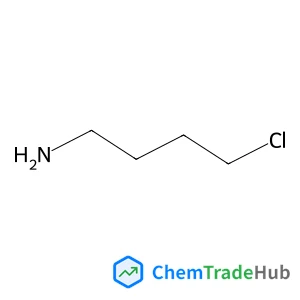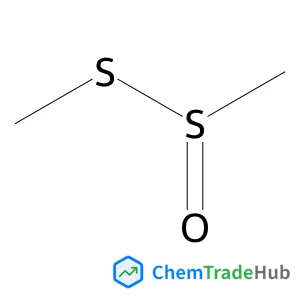Electrochemical control of surface properties using a quinone-functionalized monolayer: effects of donor–acceptor complexes
文献情報
Agnieszka Wieckowska, Adam B. Braunschweig, Itamar Willner
A benzoquinone monolayer-functionalized electrode reveals electrochemically or chemically controlled wettability; the hydrophobicity of the hydroquinone-modified surface is enhanced by the presence of a donor–acceptor complex with N,N′-dimethyl-4,4′-bipyridinium as the π-electron acceptor.
関連文献
IF 6.222
Coexisting order and disorder within a common 40-residue amyloid-β fibril structure in Alzheimer's disease brain tissueIF 6.222
Small size yet big action: a simple sulfate anion templated a discrete 78-nuclearity silver sulfur nanocluster with a multishell structureIF 6.222
Palladium-catalyzed silaborative carbocyclizations of 1,6-diynesIF 6.222
Life cycle assessment of power-to-gas with biogas as the carbon sourceIF 6.367
PEST (political, environmental, social & technical) analysis of the development of the waste-to-energy anaerobic digestion industry in China as a representative for developing countriesIF 6.367
Novel aqueous amine looping approach for the direct capture, conversion and storage of CO2 to produce magnesium carbonateIF 6.367
A hollow neuronal carbon skeleton with ultrahigh pyridinic N content as a self-supporting potassium-ion battery anodeIF 6.367
Water-soluble pH-switchable cobalt complexes for aqueous symmetric redox flow batteriesIF 6.222
Vapor-fed photoelectrolysis of water at 0.3 V using gas-diffusion photoanodes of SrTiO3 layersIF 6.367
掲載誌
Chemical Communications
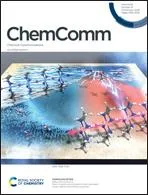
ChemComm publishes urgent research which is of outstanding significance and interest to experts in the field, while also appealing to the journal’s broad chemistry readership. Our communication format is ideally suited to short, urgent studies that are of such importance that they require accelerated publication. Our scope covers all topics in chemistry, and research at the interface of chemistry and other disciplines (such as materials science, nanoscience, physics, engineering and biology) where there is a significant novelty in the chemistry aspects. Major topic areas covered include: Analytical Chemistry Catalysis Chemical Biology and medicinal chemistry Computational Chemistry and Machine Learning Energy and sustainable chemistry Environmental Chemistry Green Chemistry Inorganic Chemistry Materials Chemistry Nanoscience Organic Chemistry Physical Chemistry Polymer Chemistry Supramolecular Chemistry
おすすめサプライヤー
 重庆渝偲ハウドキテクノロジコーカンパニー
重庆渝偲ハウドキテクノロジコーカンパニー 深圳市優品生物科技有限公司発売 Branch Office
深圳市優品生物科技有限公司発売 Branch Office 深セン市誠峰智造有限公司
深セン市誠峰智造有限公司 スタインハウス
スタインハウス 浙江华晟化学製品有限公司
浙江华晟化学製品有限公司 Allweiler 事業部門 Exzenterschneckenpumpen
Allweiler 事業部門 Exzenterschneckenpumpen Linde AG Lindeエンジニアリング部門
Linde AG Lindeエンジニアリング部門 ARTES バルブ & サービス GmbH
ARTES バルブ & サービス GmbH ⬇チーム進化化学工業有限公司
⬇チーム進化化学工業有限公司 VAMEIN DE ESPAÑA, S. A.
VAMEIN DE ESPAÑA, S. A.










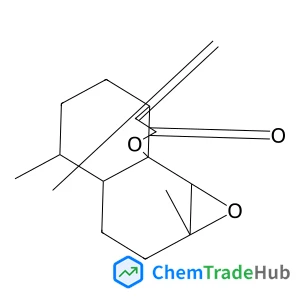
![56843-76-6 - 2-phenylthieno[2,3-d]pyrimidin-4-ol 56843-76-6 - 2-phenylthieno[2,3-d]pyrimidin-4-ol](/structs/568/56843-76-6-0035.webp)
